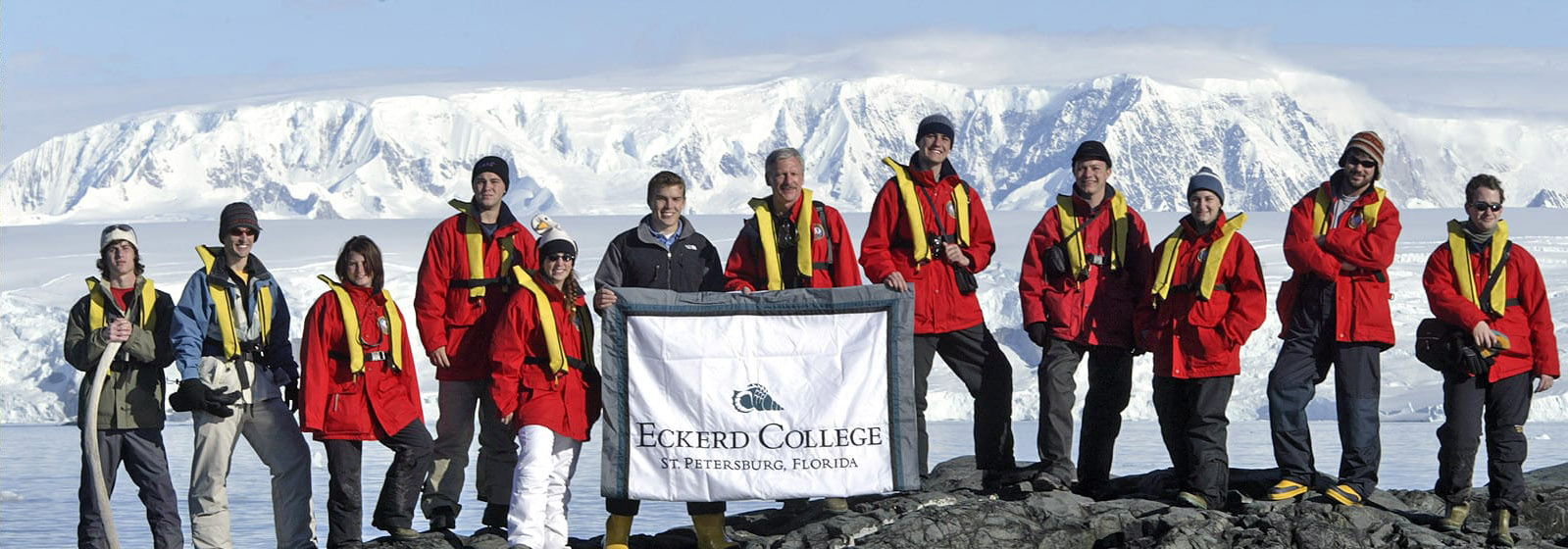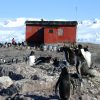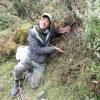Assistant Professor of Marine Science Patrick Schwing ’06, Ph.D., is set to embark on an Antarctic exploration with up to 24 Eckerd College students in Winter Term 2026.
The course offered January 6–21 is titled Cultural and Natural Environments of the World: Antarctica, and it will include learning more about Earth’s frozen landscapes, the diverse ecosystems that survive in the region, the interactions between research stations in the Antarctic, and the effects of rising CO₂ levels. According to Schwing, it will be structured around four key spheres: the geosphere, cryosphere, biosphere, and the historical and political context of Antarctica—including the Antarctic Treaty and human impacts on the region.
When he was an Eckerd student in 2005, during Winter Term, Schwing traveled with then–Professor of Economics Peter Hammerschmidt, Ph.D., to Antarctica. That impactful experience inspired Schwing to apply a marine science focus to the same polar destination under his own leadership.
His main objective for students is to “gain knowledge on the biodiversity of Antarctica and cultural competency with regard to various Antarctic territorial identities,” he says.

Schwing in Antarctica in 2005
The group will fly to Buenos Aires and then Ushuaia, Argentina, where they will spend several days before boarding a research vessel called Plancius. The Plancius was built in 1976 as an oceanographic research vessel for the Royal Dutch Navy and sailed for the military until June 2004. The boat, completely rebuilt as a passenger craft since 2009, can carry 108 passengers and 47 crew.
After boarding the Plancius, the class will navigate the Beagle Channel and cross the Drake Passage, spending four days on the continent of Antarctica. Stops include Fort Lockroy as well as British, Chilean and Argentinian research stations across the South Shetland Islands.
Schwing encourages “students from any field who are adventurous, curious and willing” to enroll in the class.
Those on the trip will be evaluated by their participation (in daily activities, daily discussion leadership, lecture sessions), daily journal entries, weekly quizzes, and a final research project (proposal and presentation).
To be considered for this expedition, students must apply for the Winter Term program by May 15.














